In two trials, researchers compared the efficacy of surgery and radiofrequency ablation for patients with liver cancer.
Liver
Advertisement
Dr. Goff shares how she chooses between atezo/bev and doublet IO regimens like durva/trem or ipi/nivo for patients with aHCC.
The panel ends with challenges and current limitations of biomarkers in HCC, emphasizing the need for more effective tools.
The panel highlights the lack of definitive data and the rationale behind using second-line TKIs or ICIs.
The panel explores how treatment goals in advanced HCC have evolved, in light of unpredictable long-term responders to IO.
The panel examines the role of len/pembro, weighing its clinical activity against the backdrop of a negative phase III trial.
The panel focuses on how they approach regimen selection amid new options like ipi/nivo, atezo/bev, and durva/treme.
Dr. He shares her insights on the evolving role of single-agent vs combination IO in the neoadjuvant setting for aHCC.
Dr. Finn discusses the follow-up of LEAP-002 and its clinical implications despite not meeting the primary end points.
The addition of concurrent chemoradiation to chemotherapy can improve OS and resection rates in patients with LAGBC.
LEAP-002 long-term follow-up suggests there may be benefit associated with len/pembro for patients with aHCC.
Roundtables
Advertisement

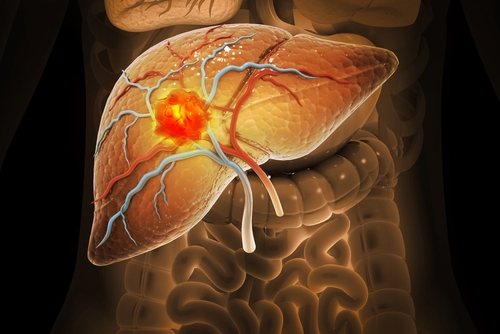
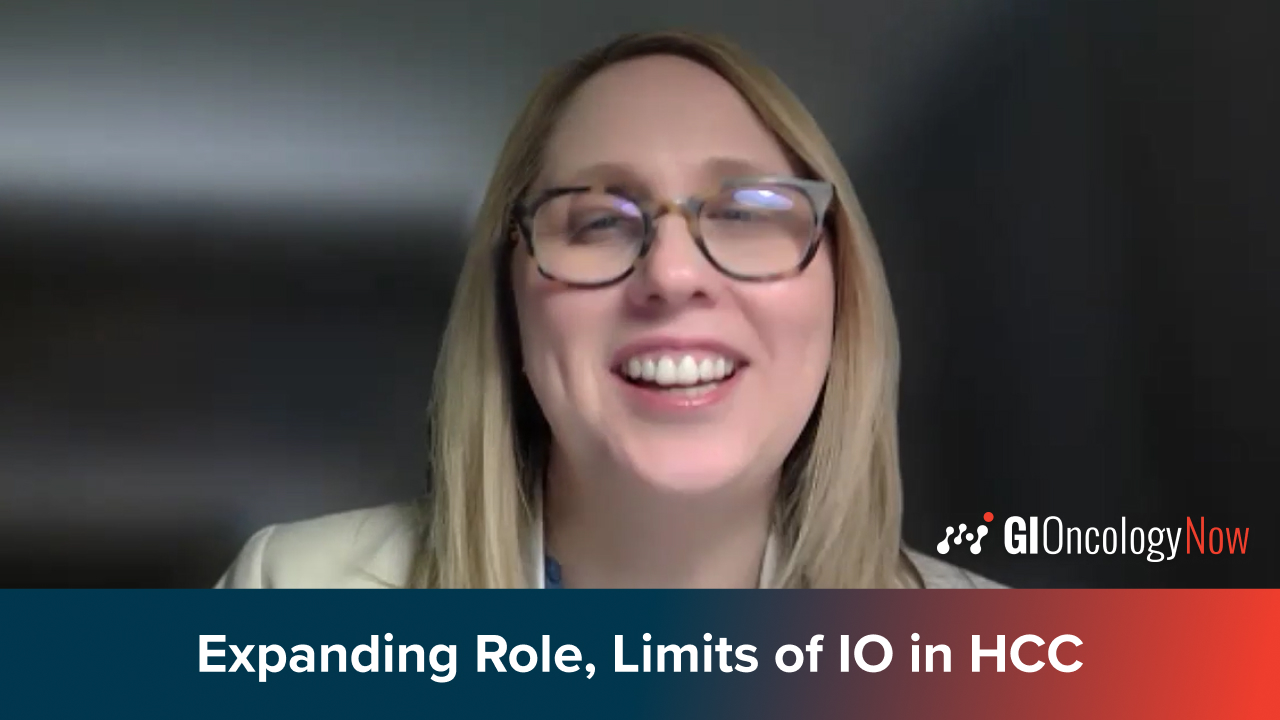
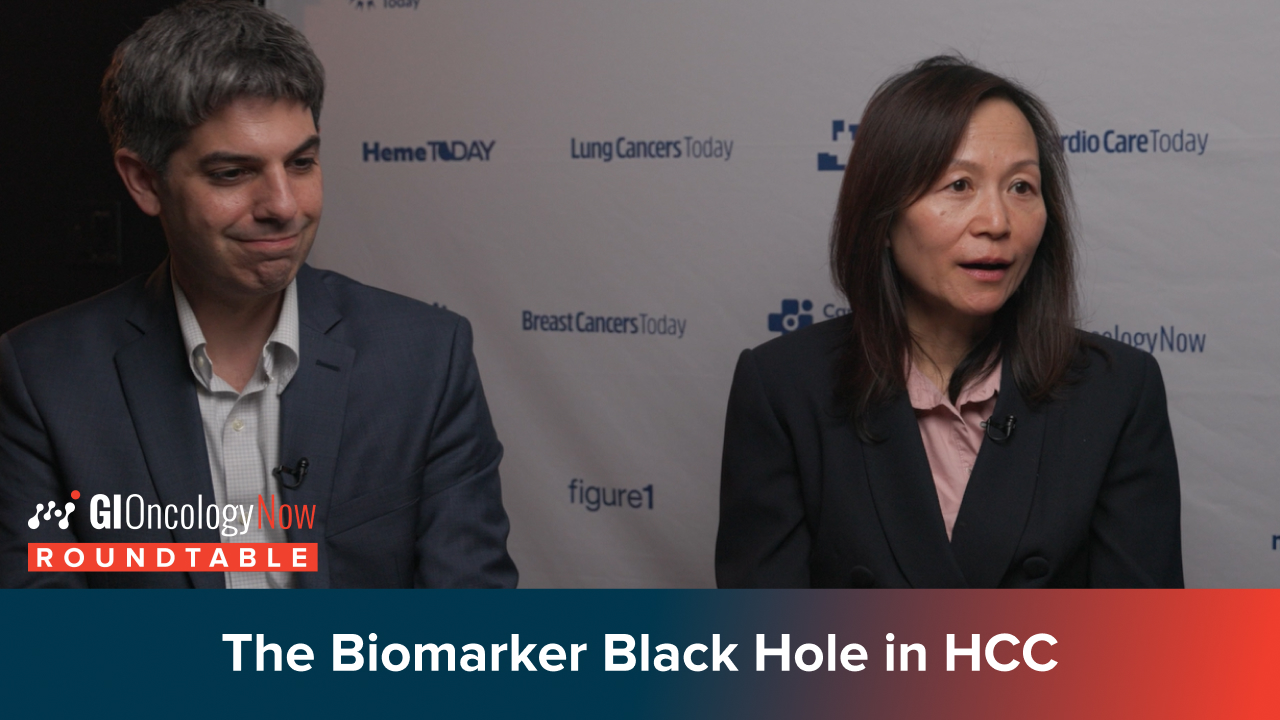
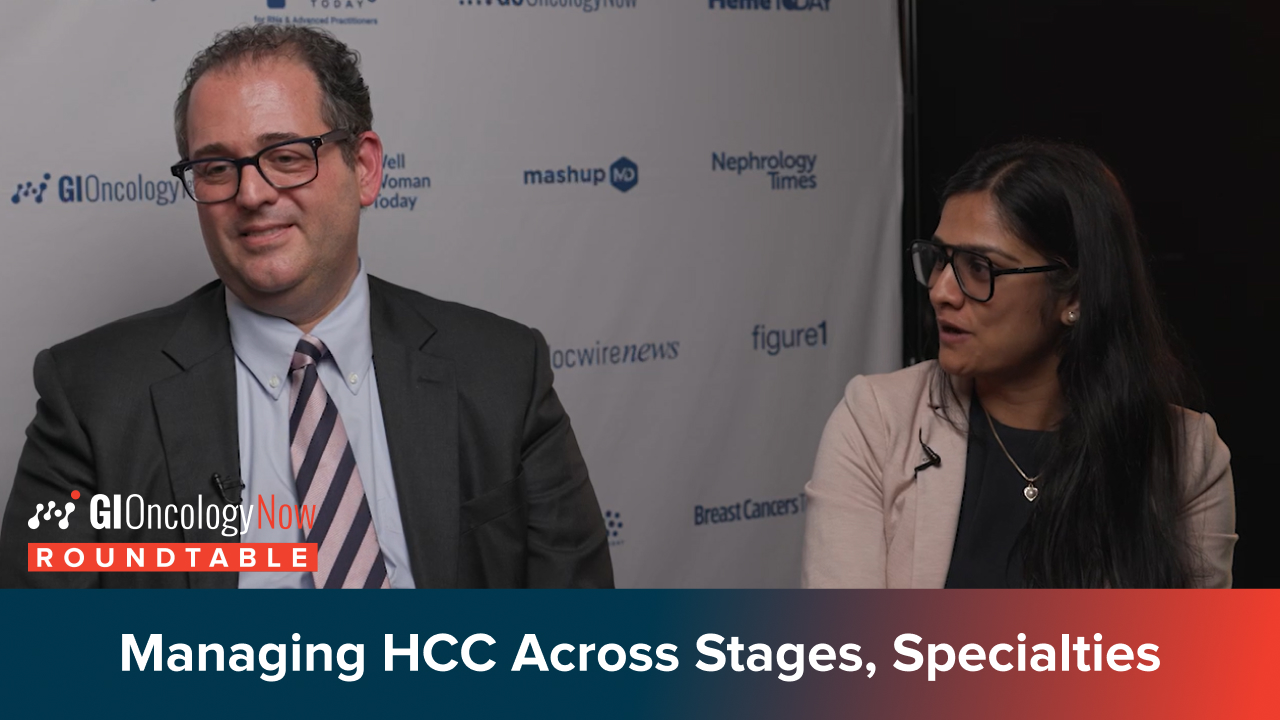
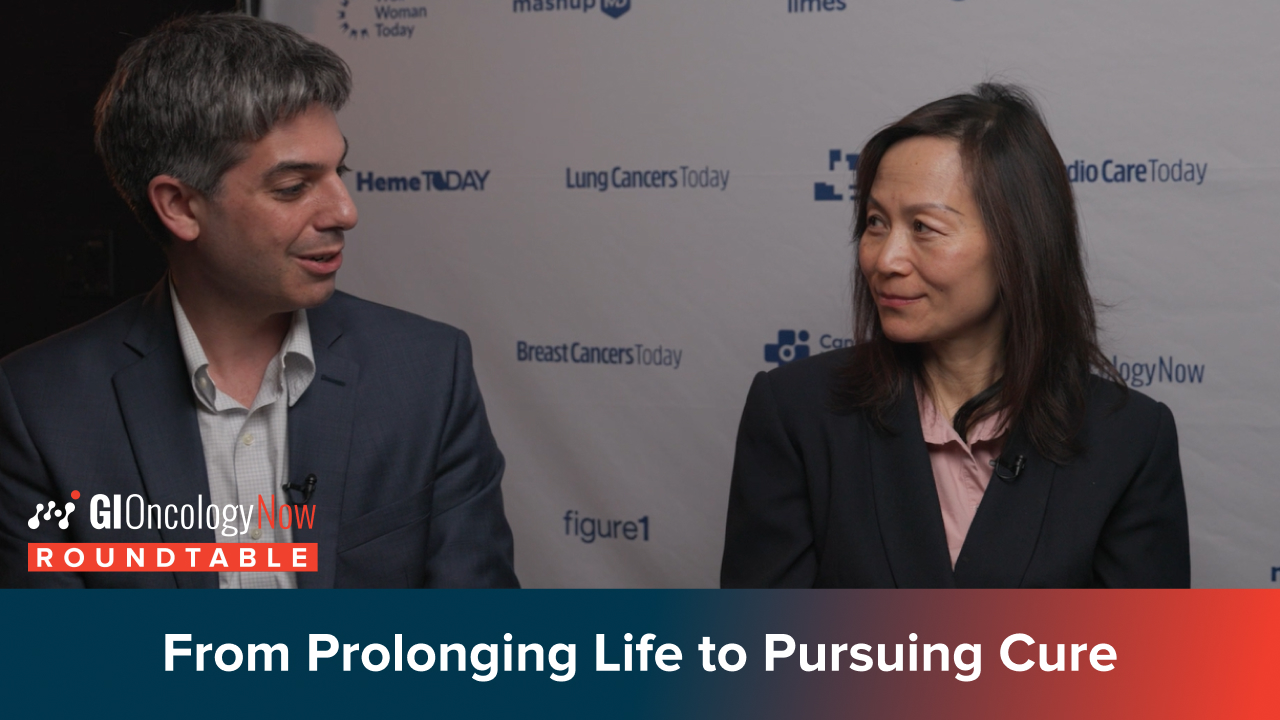
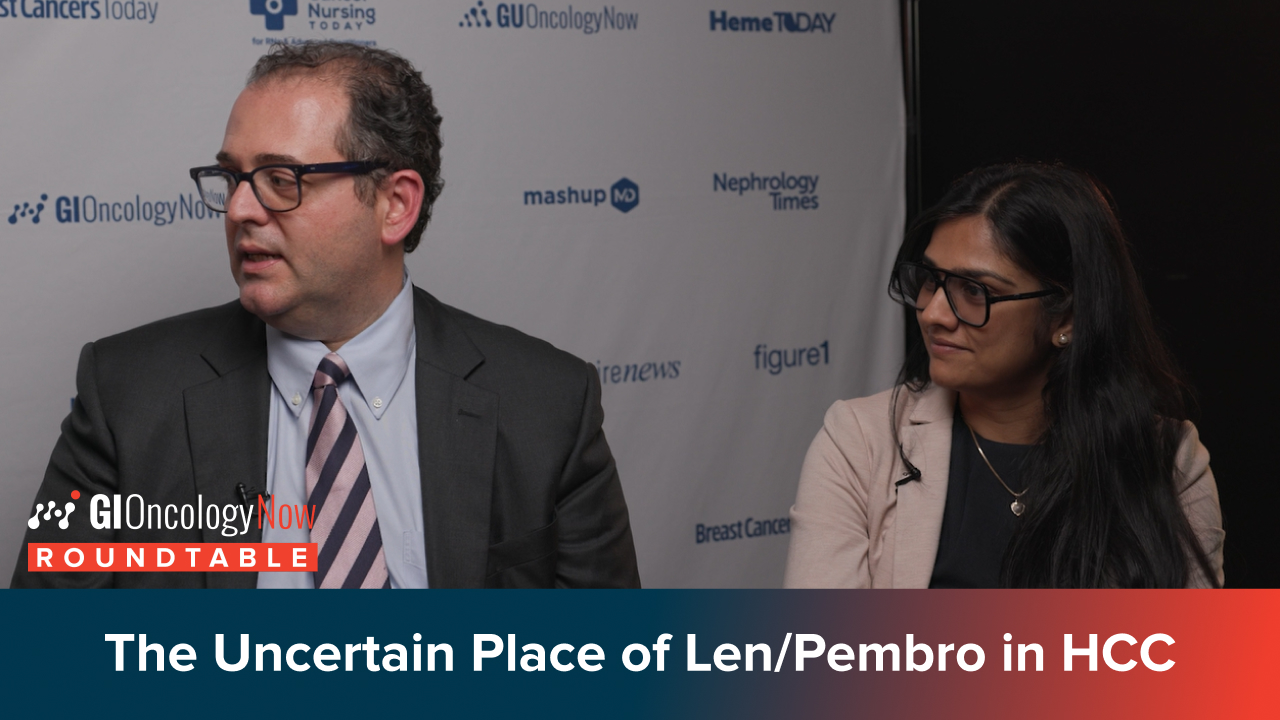
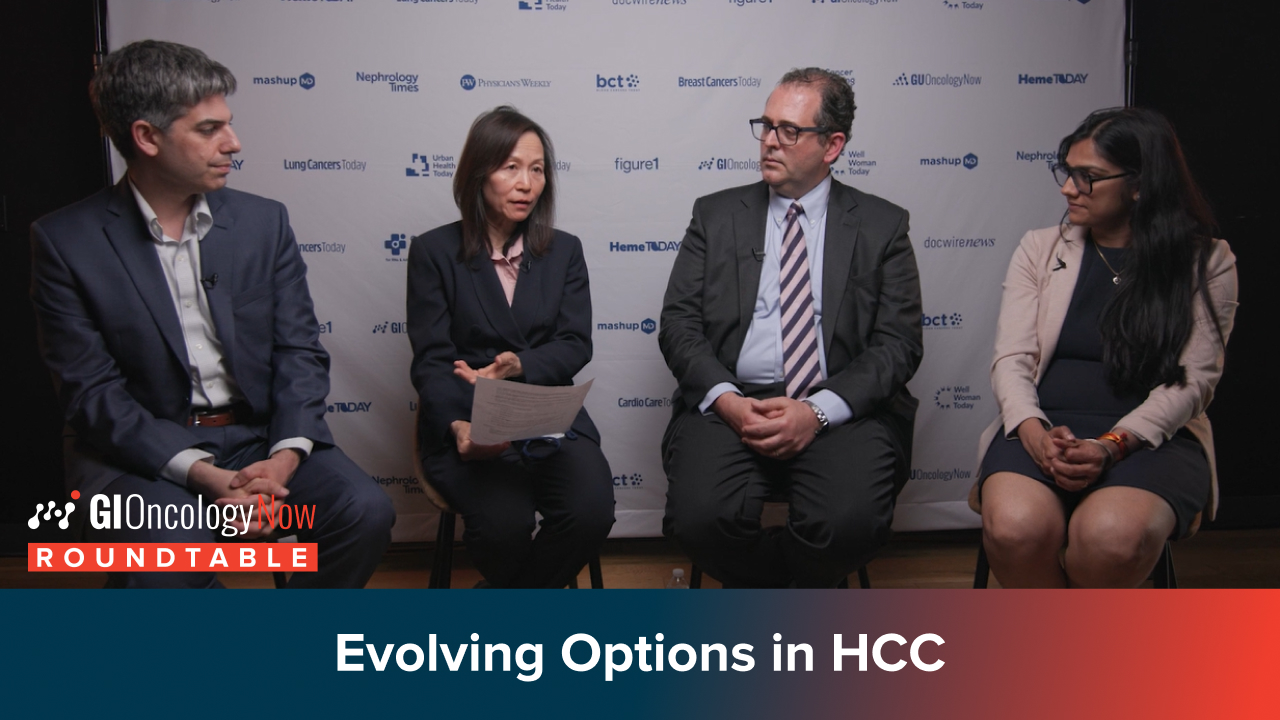
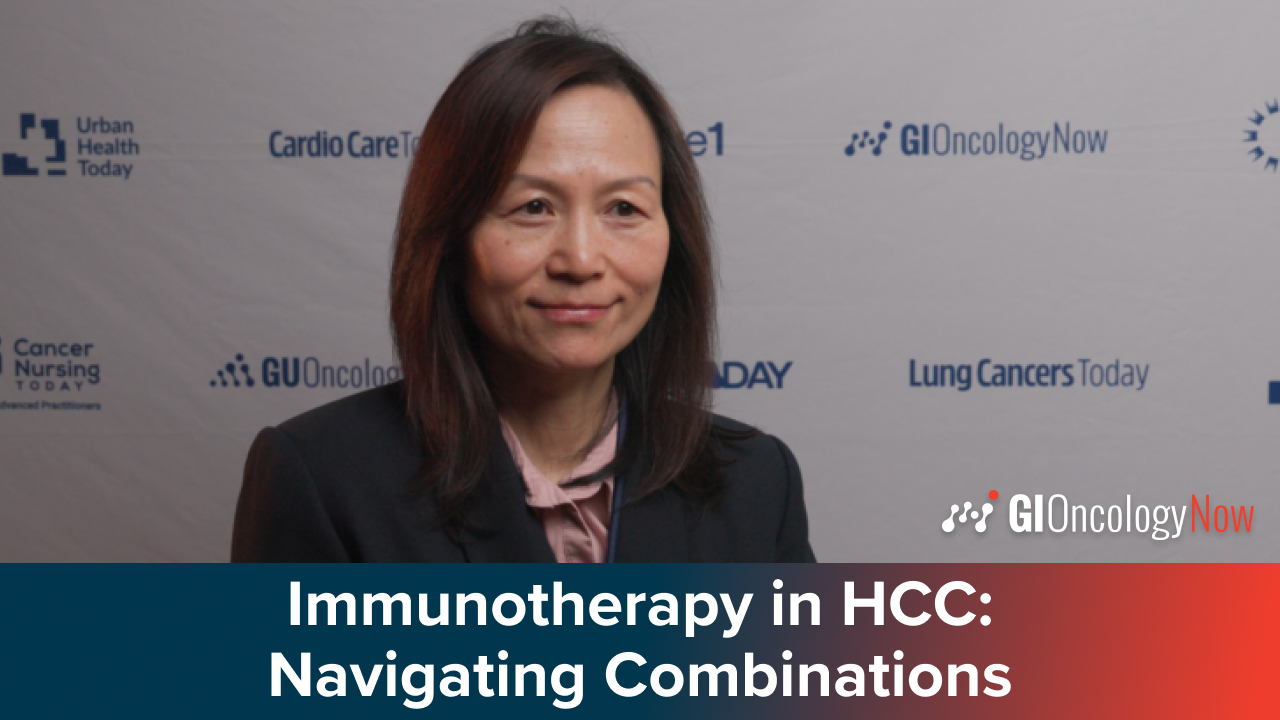
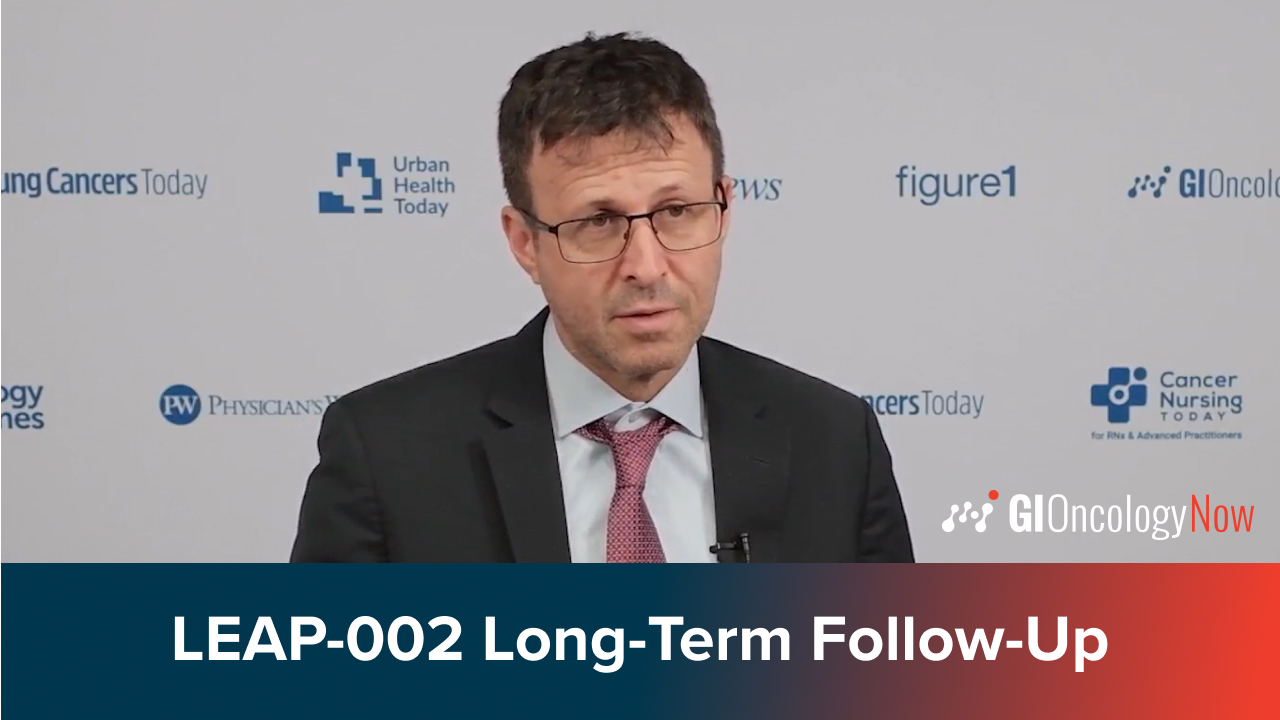
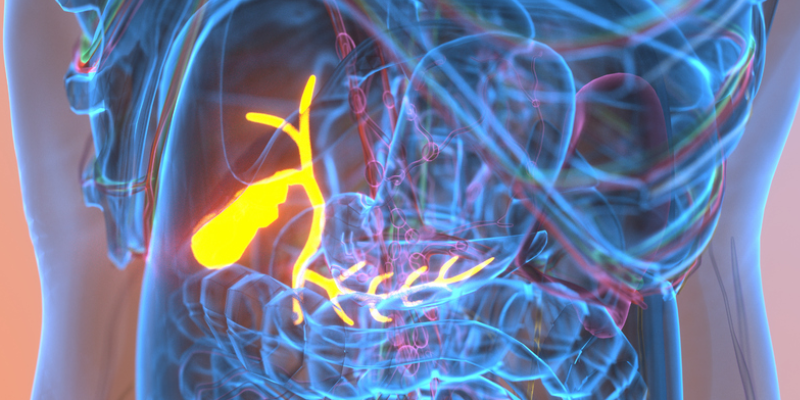

 © 2025 Mashup Media, LLC, a Formedics Property. All Rights Reserved.
© 2025 Mashup Media, LLC, a Formedics Property. All Rights Reserved.